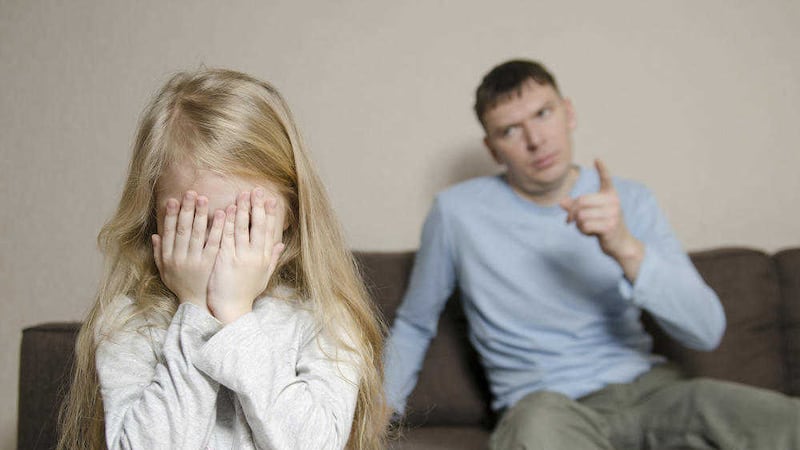THERE has been much reaction around the world to the recent news story from Japan, where a seven-year-old boy was put out of the family car in a forest during a day out, apparently as a punishment for earlier throwing stones at other people and cars.
Things got a lot more complicated when the child was then missing for six days, leading to a widespread search operation, before he was safely found on a military base five kilometres away from where he was last seen.
While we only read the headlines in such cases and are not aware of all the factors involved, the child’s parents have faced a barrage of outrage in the media at home and internationally. But despite the quite extreme nature of this story, there could be some learning for every parent from the issues therein.
For most of us, children and adults, we tend to generally do better with routine and structure within familiar settings, although we will naturally also look forward to time away, outings and holidays.
However, when we have this precious family time together away from the grindstone, often involving detailed planning ahead and a fair bit of expense, we can feel extra pressure to have to have a good time and enjoy it, especially given the effort we have put into the experience.
Of course, children may not see it this way and quite reasonably can point out to parents that they did not want to have all the fuss made in the first place, and are not obliged to tell us (or even pretend) that they appreciate what we have done for them.
Both from my own work as a psychologist, and more recently observing families (including my own!) in the recent spell of warm weather, breaks from routine and less structured holiday time can actually be more stressful for everyone, children and parents.
If we take every instance of bad behaviour from our children personally, we are in for a very long and painful voyage through parenthood. Problems befall every parent – it’s how we react to those problems that is important.
The reality is that even for the best parent, when dealing with difficult behaviour from our children, on the wrong day, in the wrong place, at the wrong time and in the wrong frame of mind, you can crack and then do or say something that you will almost instantly regret, but cannot take back.
In such situations, especially if you are away from home, travelling or in an unfamiliar environment, the only advice I can really give is to think before you act or speak. That means doing what you need to do to keep everyone safe in that moment (for example, keep your eyes on the road and hands on the wheel if driving), and only later, when both you and the child are less heightened and agitated, and when you can sit down together, get around to talking about what has happened, how you feel about that and what you think needs to happen next.
The time between the incident and when you come to speak about it, can allow you both the opportunity to see the bigger picture and perhaps calm down, and importantly avoid saying or doing something that will make things worse.
This approach may not work every time but at least it can help prevent making things worse. Some useful advice is available on www.familylives.org.uk.
:: Dr Paul Gaffney is a senior clinical psychologist.




